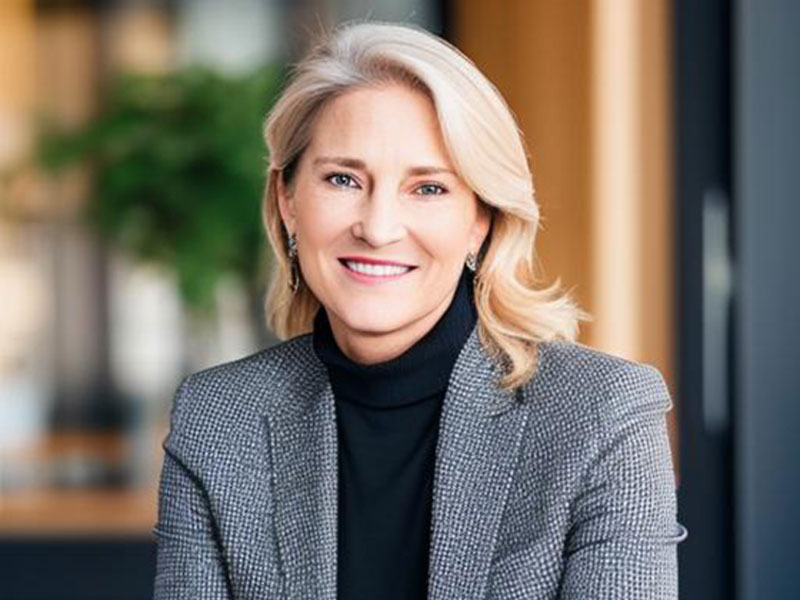China’s 2 per cent devaluation of the yuan will have significant impacts. Greg Paull of R3 looks at the potential winners and losers.

Greg Paull is Principal of R3
The news yesterday that China’s central bank will devalue the RMB by 2 per cent was not a huge surprise. More than 30 per cent had been written off stocks in the recent market crash. And exports, an area where the country normally leads, were down 8.5 per cent.
However unsurprising it was that China took action, the move is going to have important repercussions both inside and outside of China.
To you and me, 2 per cent may not sound like a lot, almost a rounding error. For a currency that has grown 25 per cent against the US dollar since 2008, it seems the only way now might be down.
However, there was—and still is—this unflinching belief that everything in China can only go up.
Any brand with a sizable investment in the Middle Kingdom is going to feel the impact. Apple and Yum are both prime targets for this.
Luxury brands, already struggling, will be hit again. BMW stock fell 2.7 per cent and LVMH down 3 per cent after yesterday’s news.
In terms of luxury, China only ranks fifth in the global league in terms of sales, but that’s because of the ‘long tail’ of traveling buyers. By some estimates, 40 per cent of all luxury sales are made by travelers, and China now dominates the world of travelers, making its citizens easily the most sought after geographic group. Prada derives 26 per cent of its sales from China alone—and another huge chunk from tourists and ‘daigous‘ (those buying for someone else). Chinese tourists may also reduce their overseas travel and look domestically more often.
So who will win? The local brands that have already made the investment in overseas expansion are in the strongest position. This includes companies such as Huawei, Haier and Xiaomi. Their production is mostly done domestically, but, particularly for Huawei, which has penetrated Africa, Latin America and huge parts of Asia, this move will help bottom and top-line reporting.
Global holding companies and agencies are going to have to try even harder now to tell the good China growth story. Already this year, some holding groups have buried their China numbers back within a “high growth markets” cluster of countries (ironic, since in one particular group’s case, they are not growing in China).
Of course, time will only tell if this 2 per cent is just the start of another “new normal”.
Greg Paull is Principal of R3 (www.rthree.com), a global consulting firm focused on improving the effectiveness and efficiencies of marketers and their agencies.
Source: Campaign Asia-Pacific





